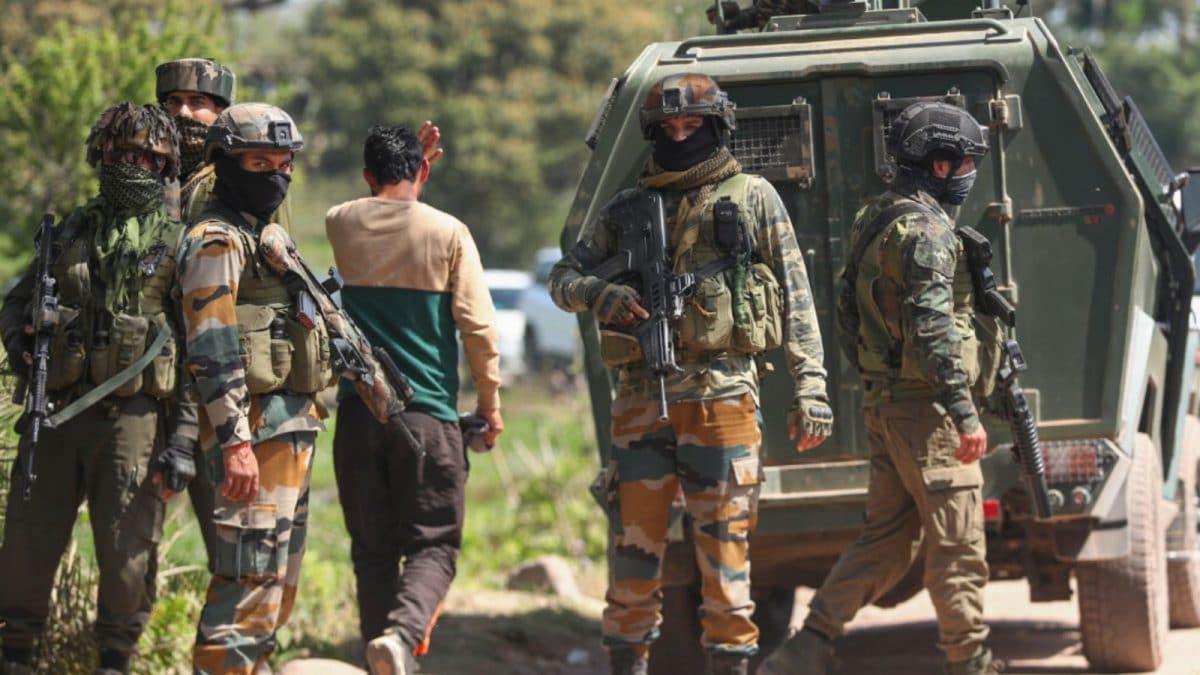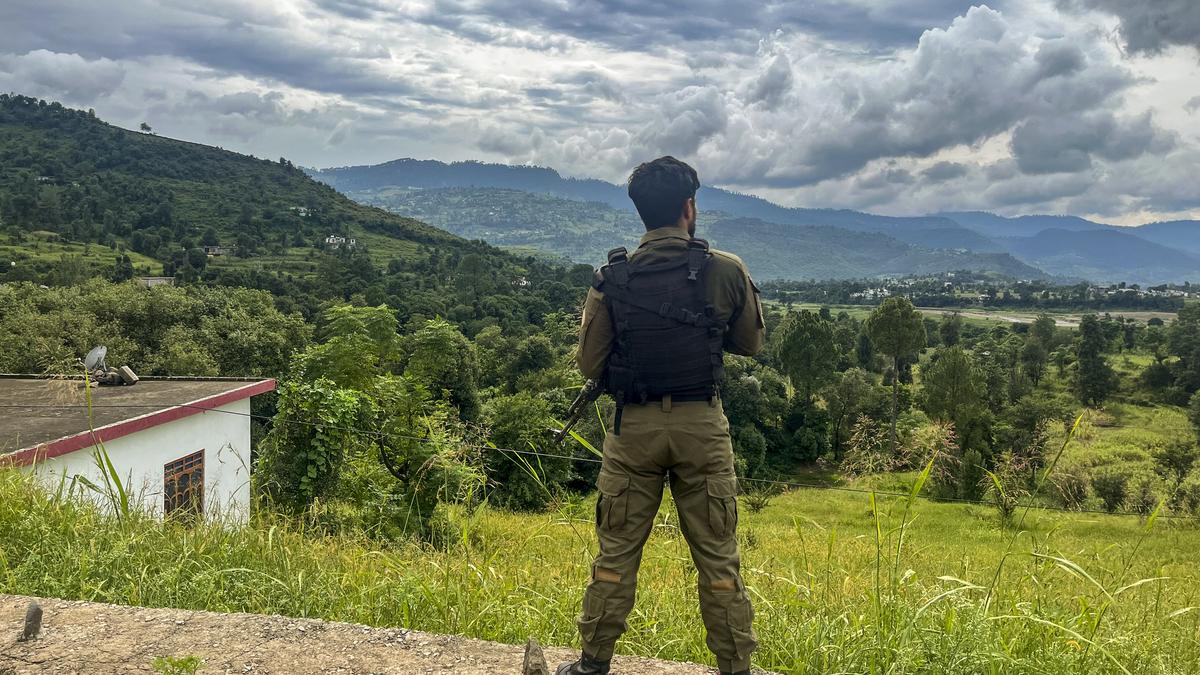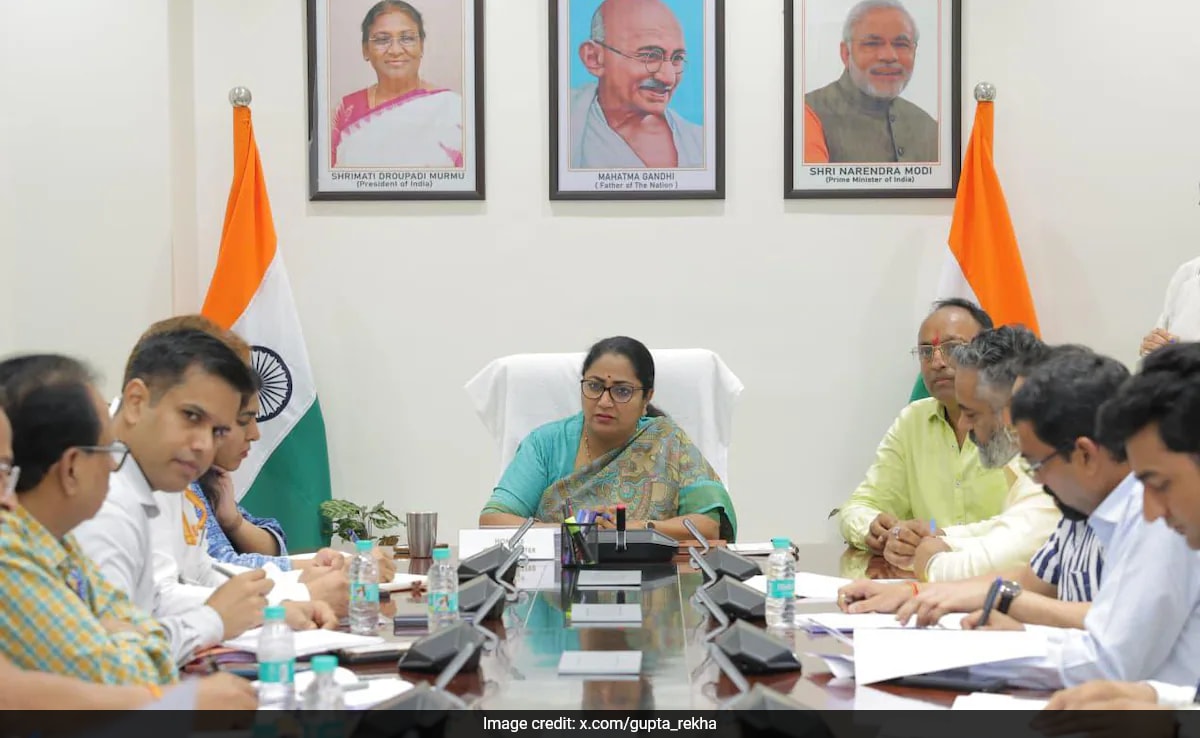ARTICLE AD BOX
Former Australia captain Steve Waugh bookended his Test career with Team India, making his debut at Melbourne in December 1985 and winding up at Sydney in January 2004. Having played against several greats, from Kapil Dev and Sunil Gavaskar to Sachin Tendulkar and Rahul Dravid, he has been to India “about 40-50 times” in the last 40 years.
So, it was natural that Waugh signed up when the Australian Foreign ministry asked him a few months ago to join the board of their government-backed Centre for Australia India Relations (CAIR), established in 2023. Now, he is planning to come to India next month in his new role — and for his philanthropic and business engagements.
Speaking to The Indian Express in Sydney recently, not very far from the ground where he played some of his most memorable matches, the legendary cricketer said: “I am like the 12th man on the (CAIR) team at the moment, learning how it all operates… It’s great to be part of it… Obviously, an unbelievable relationship with India over 40 years.”
Describing India as his “second home” with “lots of good friends”, Waugh laid out the key reason why he joined the CAIR: “I thought it’s a great thing to be part of continuing to strengthen the relationship between Australia and India. Huge opportunities going forward. And if I can play a part in that, then I’m happy.”
Nicknamed “Iceman” for his calm composure during tough times on the pitch, Waugh said, “Obviously, sport plays a major role…one common thing, particularly cricket. But I know that India really wants to do well outside sports, besides cricket, the Olympics is coming up… I think we can share our knowledge and expertise in sport, and I’m sure India can share some things that we need in Australia.”
Waugh is also quick to clarify that he is “not on very many boards”. “I sort of do my own thing. I’ve done that for a long time, been a mentor for the Australian Olympic team, soccer teams, started my own businesses, written 14 books, two photography books… I’m 60 now, so I won’t be wasting my time… I’ve got to do projects now that are worthwhile and that I’m passionate about. I don’t want to do things for the sake of it,” the former allrounder said.
Deep into philanthropy, too, Waugh recalls a transformational meeting in Kolkata. “Meeting Mother Teresa influenced me… it sort of pricked my conscience that maybe I could do something worthwhile… She was the star, not me. I was in awe of her, and it was a brief conversation, but I think just the impact of her lifelong work was pretty amazing. And I thought if I can emulate that in some small way, it’d be a good thing,” he said.
Story continues below this ad
His charity work in India includes supporting children of leprosy-affected families in Kolkata through the Steve Waugh Foundation which helps raise funds for Udayan, a home that provides them with education, healthcare and vocational training.
Asked about how he planned to contribute to bilateral ties, Waugh said, “Cricket is the foundation there for me, because that’s the starting point… it’s a young population in India, very aspirational, entrepreneurial, and that’s something I like. I like people having a go. That’s what I like about India. People are very humble, friendly. Sometimes it can be overwhelming, of course, for someone like myself, but I’ve never had a problem there with that.”
Speaking about the arc of change in India, as seen through his eyes over the years, he said, “Every time I go to India, you see something new that’s sprung up overnight. Take the last 10 years. Well, the airports became international standard very quickly. And then developments, housing developments, changed massively over the years. Look, when I first went to India, no one took any note of a traffic light or a lane. Now, people stay in the lanes, they stop at traffic lights. That’s been a big change over 40 years. I’m amazed that it’s changing quickly.”
Asked what could be done for bilateral ties, he said, “Look, I’m not an expert but I think education is something we can sort of definitely share experiences with. We’re renowned as leaders in education in the world, so that’s something we can definitely share.”
Story continues below this ad
On a lighter note, when tested about his knowledge of India, Waugh listed his favourites — okra, fish curry, dal. “Every time, I eat too much food. People bring all the food out at 8 or 9 pm… I think it’s finished, but that’s only the entree, and then my meal comes at about 10.30 pm,” he laughs.
Among his favourite scenic spots has been “playing cricket in Dharamsala with a team of monks”. And, among his favourites when it comes to Indian cricket was playing against Kapil Dev, “an “amazing cricketer who took a lot of wickets on really flat pitches which is pretty incredible and was a great batsman and outstanding fielder as well.”
The most feared Indian cricketer “from our point of view”, he said, was “Harbhajan Singh, because he kept getting wickets against us…I wouldn’t say we feared him, but he did the most damage against us in the 2001 series”.
The best win, for Waugh, was in the 1987 World Cup final at Eden Gardens, “with 100,000 people, with all of India cheering for us because we’d beaten Pakistan in the semi-final, and our adversaries England had beaten India”.
Story continues below this ad
As someone who has played against both India and Pakistan, would he like to play a role in getting the two sides to play each other? “…obviously, you’d love to see India and Pakistan play cricket regularly but that doesn’t happen, which is a huge shame because the cricket world wants to see that. I’m sure cricket supporters in both countries want to see that, but there’s obviously bigger powers at play, and that can’t happen right now… you think sport can overcome that and be bigger than that, but sometimes it can’t… you gotta have a go. I think it’s easy to sort of give up and say it’s not possible, but anything’s possible with the right will and right intent. So yeah, I would be happy to (play a role in getting India and Pakistan to play each other)… maybe, by talking to you right now about it, we’re helping.”
Waugh also shared his thoughts on the young generation and the impact of technology. “When we grew up, there were no mobile phones, so you went outside and played sports. Now, the kids carry their phones the whole time… For me, sport is great because you’re interacting with other people. You’re learning life lessons. And it’s not always about yourself. It’s about being part of something bigger than you. So that’s really important. For kids, I think these days I’d say, have a go, back yourself. Don’t be afraid to make mistakes or fail.”
(The reporter was in Australia at the invitation of the Australian Foreign ministry)



.png)
.png)
.png)























 English (US) ·
English (US) ·